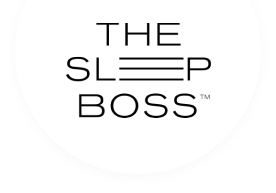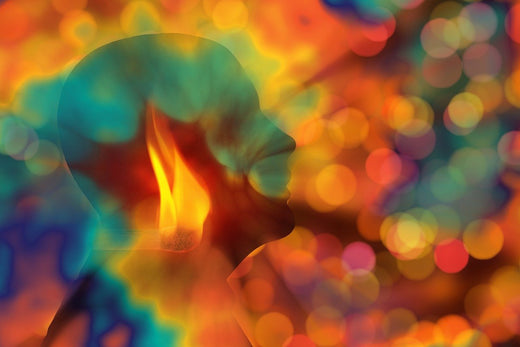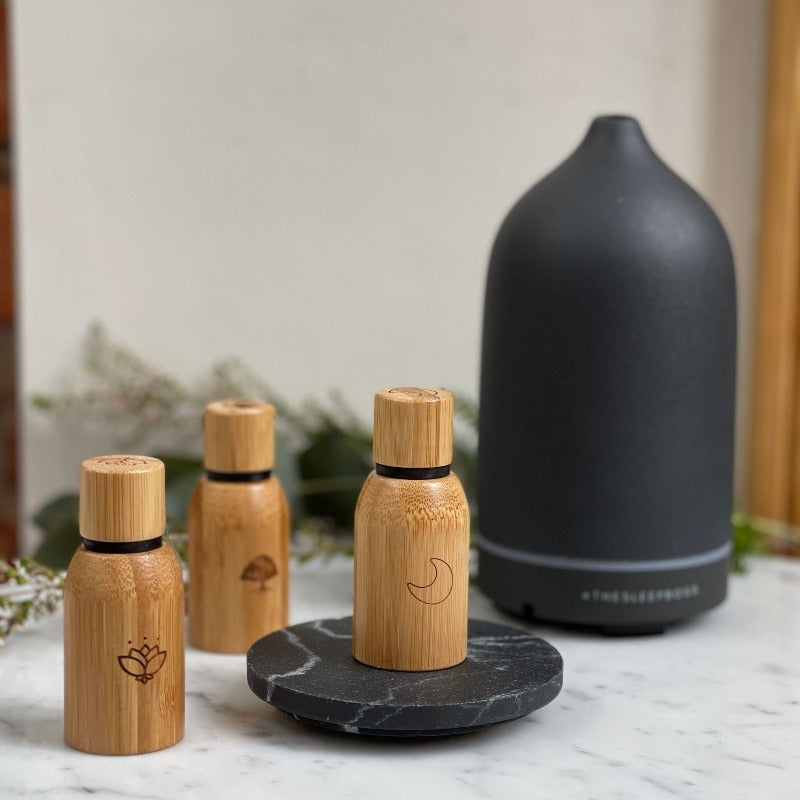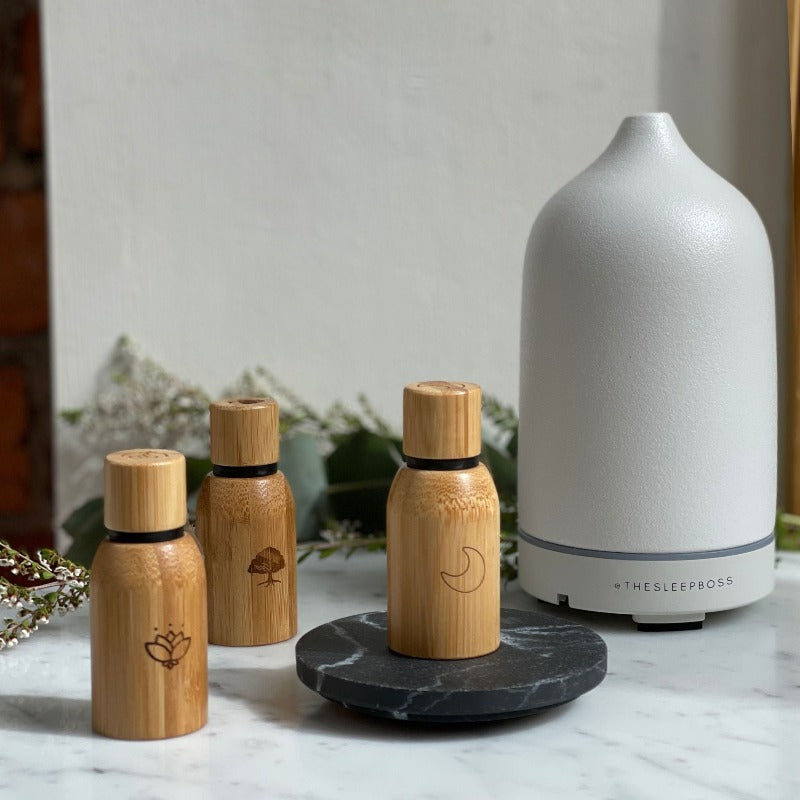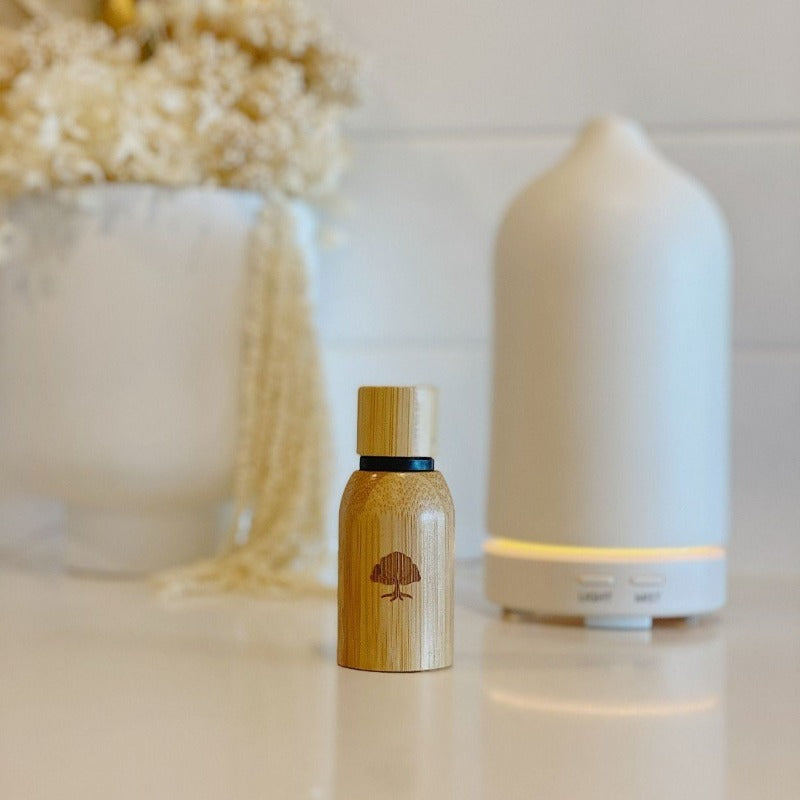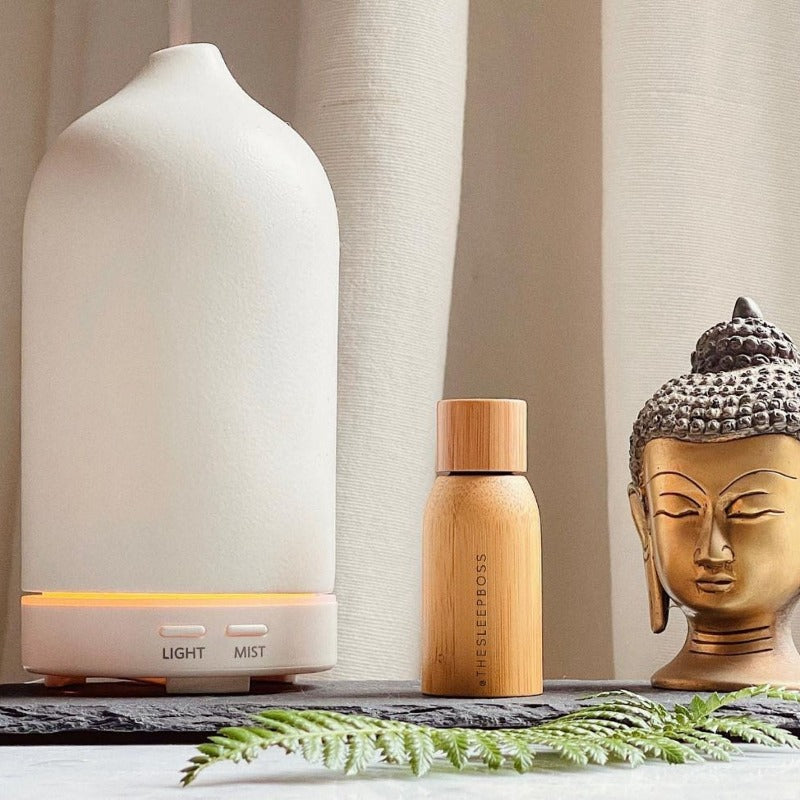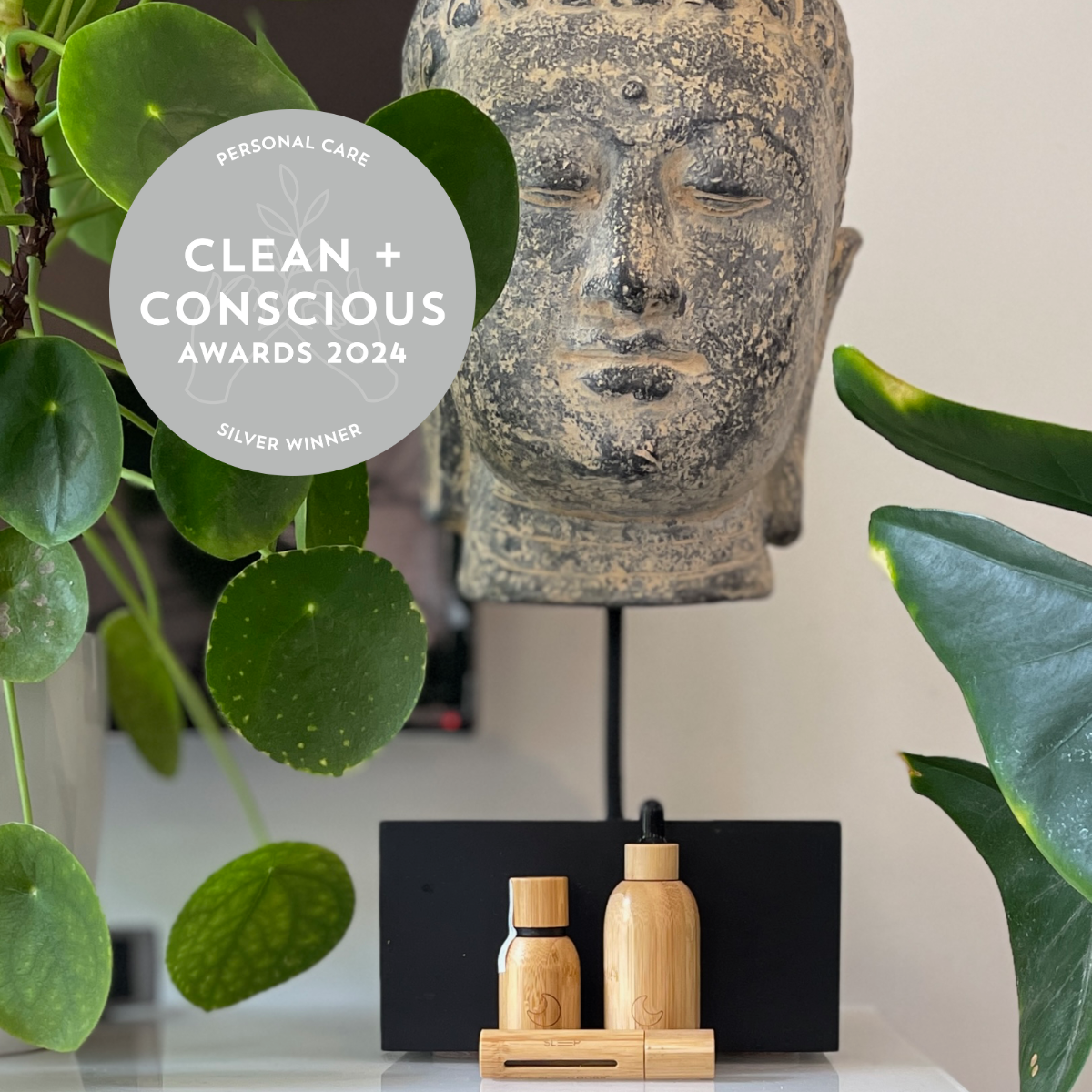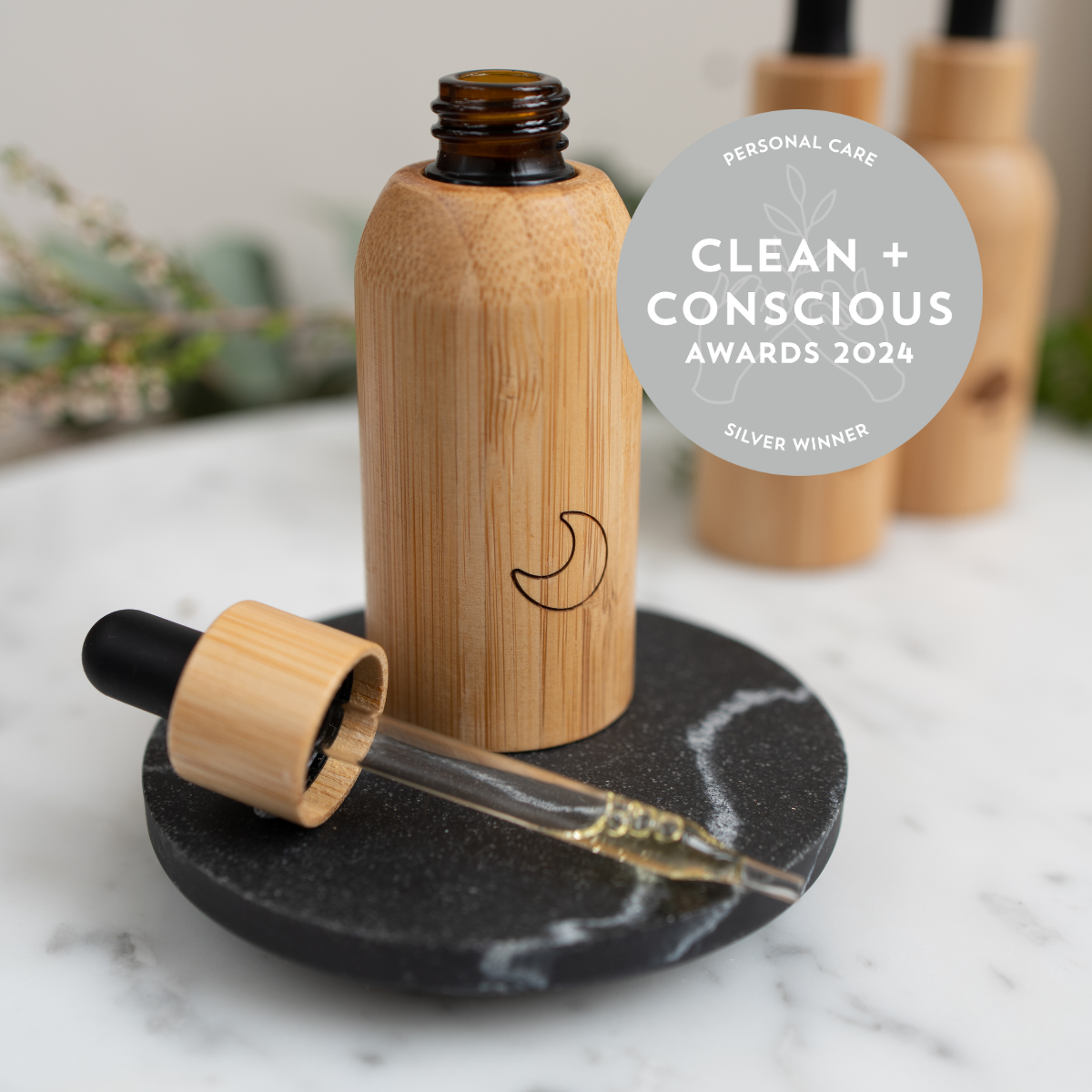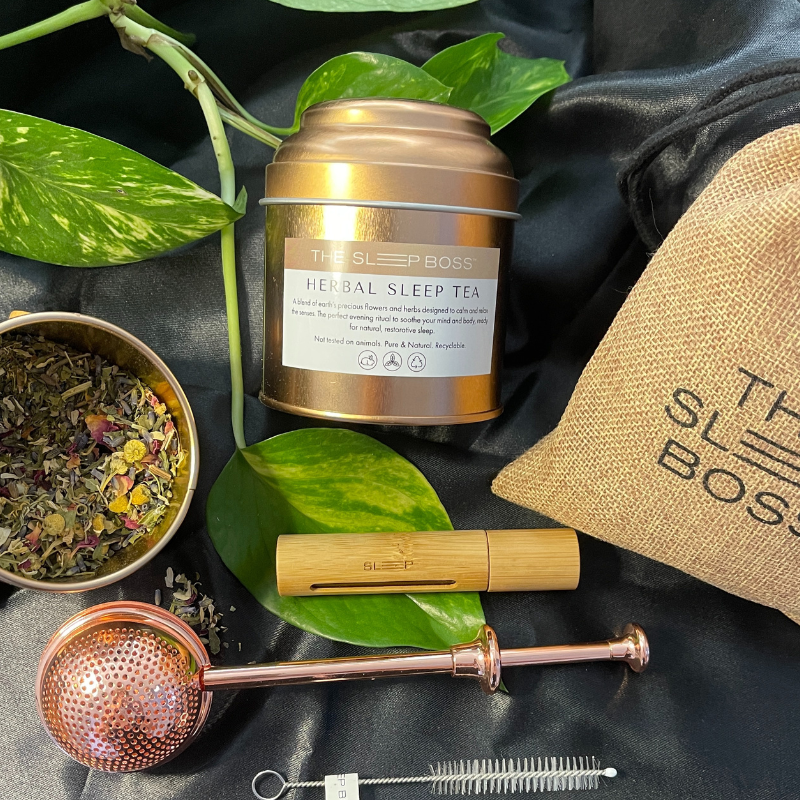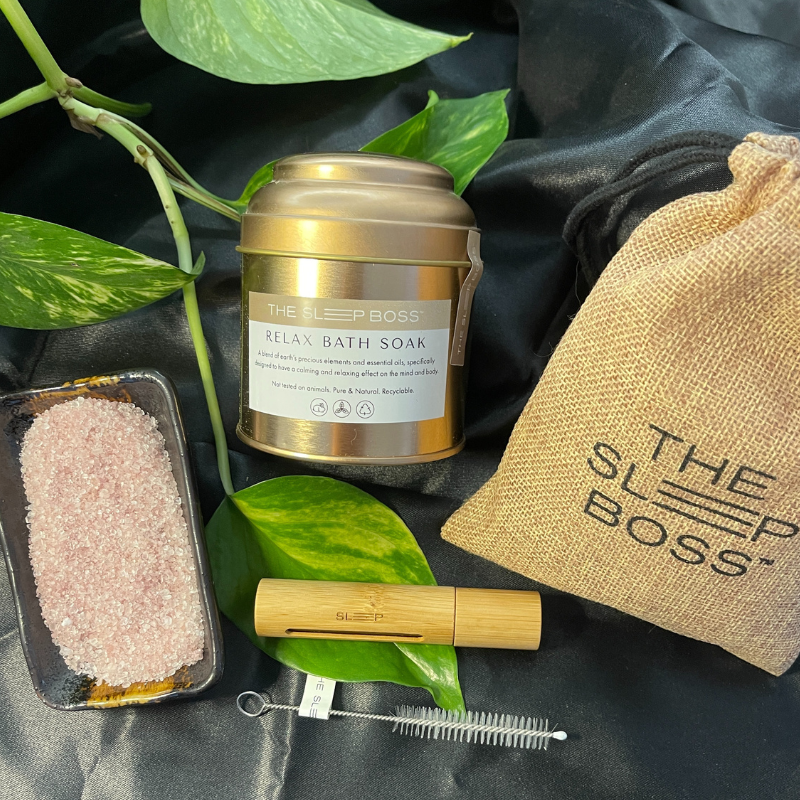
Sleep For Success: Part 1 The New Epidemic
The New Epidemic: Poor Sleep Quality
With World Mental Health Day fast approaching in October, your team, like most others, are probably considering - what is of greatest importance to discuss? While anxiety, mindfulness and meditation are topics you’ve probably covered, one theme less explored is sleep - and it’s about time it was pulled from under the sheets.
Touted as the newest epidemic post COVID19, a 2022 sleep survey (1) by global wellness brand The Body Shop found that the average Australian is getting a mere 6.47 hours per night, and that 34% are scraping by on less than 6 hours. Furthermore, 1 in 5 wake unrefreshed, and 1 in 4 do not have a consistent bedtime routine. On a similar vein, Insurance brand HCF produced similar results in their 2022 sleep study (1): 4 in 10 Aussies experienced poor quality sleep between 2021 to 2022 as a result of COVID19.
Insomnia links to Mental Health
Unfortunately, this has catastrophic consequences, especially for our mental health: a study by the University of North Texas found that insomniacs are 17 times more likely to have an anxiety disorder, and almost 10 times more likely to have depression; while the European Sleep Centre has also identified lack of sleep as a risk factor for anxiety and depression - and even suicide.
Lastly, it’s imperative to know: it’s not only those with extreme insomnia who are suffering - the repercussions begin when we fall short of 6 hours, as is the case for 1 in 3 Australians. Reflectively, a 2021 study by the University of North Carolina (2) found those sleeping less than 6 are almost three times as likely to self report frequent mental distress, compared to those sleeping more than 6 hours.
As you can see: lack of sleep is no longer something we can avoid, ignore or pretend isn’t happening. Reflecting on the evidence above, it’s contributing to severe mental health issues - namely anxiety and depression for one in three Aussies - so if it’s not you, it’s either your partner or your best friend.
So - what’s the answer?
While melatonin and sleeping pills are the usual course of action for GPs, this is not a long term solution: a 2013 (3) by New York Upstate Medical University noted risk factors of benzodiazepines (sleeping pills) include cognitive impairment, memory loss and amnesia. Frighteningly, the paper also reported motor vehicle accidents are more likely too - driving whilst sedated by the sleeping pill has the equivalent risk of driving with a Blood Alcohol Concentration of up to 0.08 - almost double the legal limit in Australia. Needless to say, safer solutions are needed - and they are needed now.
As the leading sleep expert in Australia, my solutions are science based, natural and simple - and suitable for long term use. Controlling evening and morning light, creating a relaxing bedtime routine, and integrating calming scents such as lavender or sleep essential oil blends into the bedroom - are the ways we will see the necessary change in our sleeping patterns, in a way that does not cause us long term harm.
And unfortunately, unless we take action now, this is exactly what is experienced each night, each week by 1 in three of us - long term harm caused by sleeplessness.
Take Action Now to Improve Sleep
So I ask you: what are you doing about it? Take action now - don’t let your team be part of the problem, be a leader in the solution. Support your staff in getting their best nights sleep and not only will you reduce the risk of mental health problems - anxiety, depression and suicide alike - you’ll also be creating a healthier, happier workplace for all. And ultimately, isn’t that what you want
